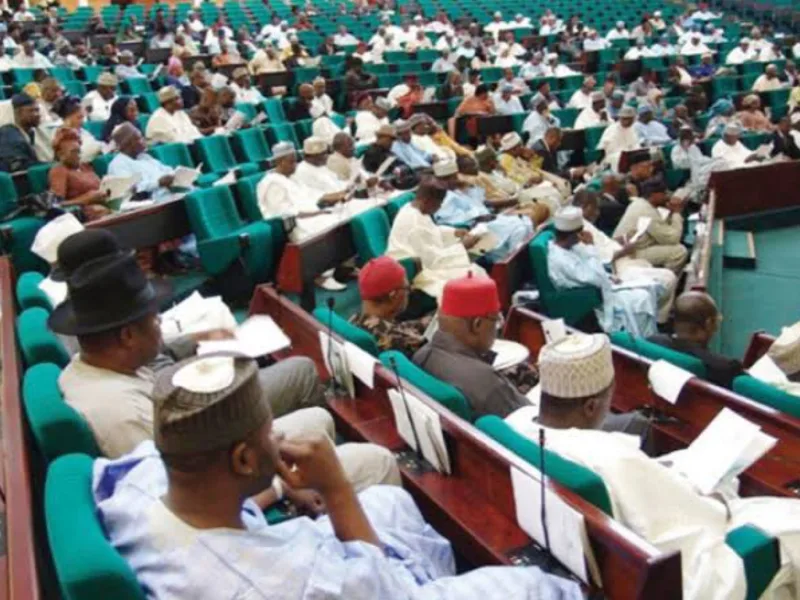A bill aimed at increasing women’s representation in the Nigerian parliament has passed its second reading in the House of Representatives. The proposed legislation, sponsored by Deputy Speaker Benjamin Kalu and 12 others, seeks to amend the 1999 Constitution to reserve 74 special seats for women in the Senate and House of Representatives.
The bill proposes to allocate one special seat to women in each state and the Federal Capital Territory, with a review of the law every 16 years. Additionally, it seeks to alter Section 91 of the constitution to reserve three special seats for women in State Houses of Assembly.
Proponents of the bill argue that it is necessary to address the profound under-representation of women in the National Assembly and State Houses of Assembly. They point out that despite constitutional guarantees of equal rights, women’s representation has been alarmingly low. In the past, women have accounted for only a tiny percentage of lawmakers, with figures ranging from 2.7% to 6.4%.
According to advocates, the bill is anchored on the principle of equitable representation and aims to empower women by ensuring their voices are heard and they contribute actively to shaping the legislative landscape. They also highlight that Nigeria lags behind other countries that have implemented affirmative action policies, such as Rwanda and Andorra, which have seen significant progress towards gender equality in governance.
While some lawmakers expressed support for the bill, others raised concerns about its constitutionality. Some argued that political parties should instead focus on deploying mechanisms to improve women’s participation in politics rather than reserving special seats.
The bill will now be sent to a committee for further scrutiny before it can be voted on by the full House. If passed, it will come into effect after the current national assembly term elapses.










Join our Channel...